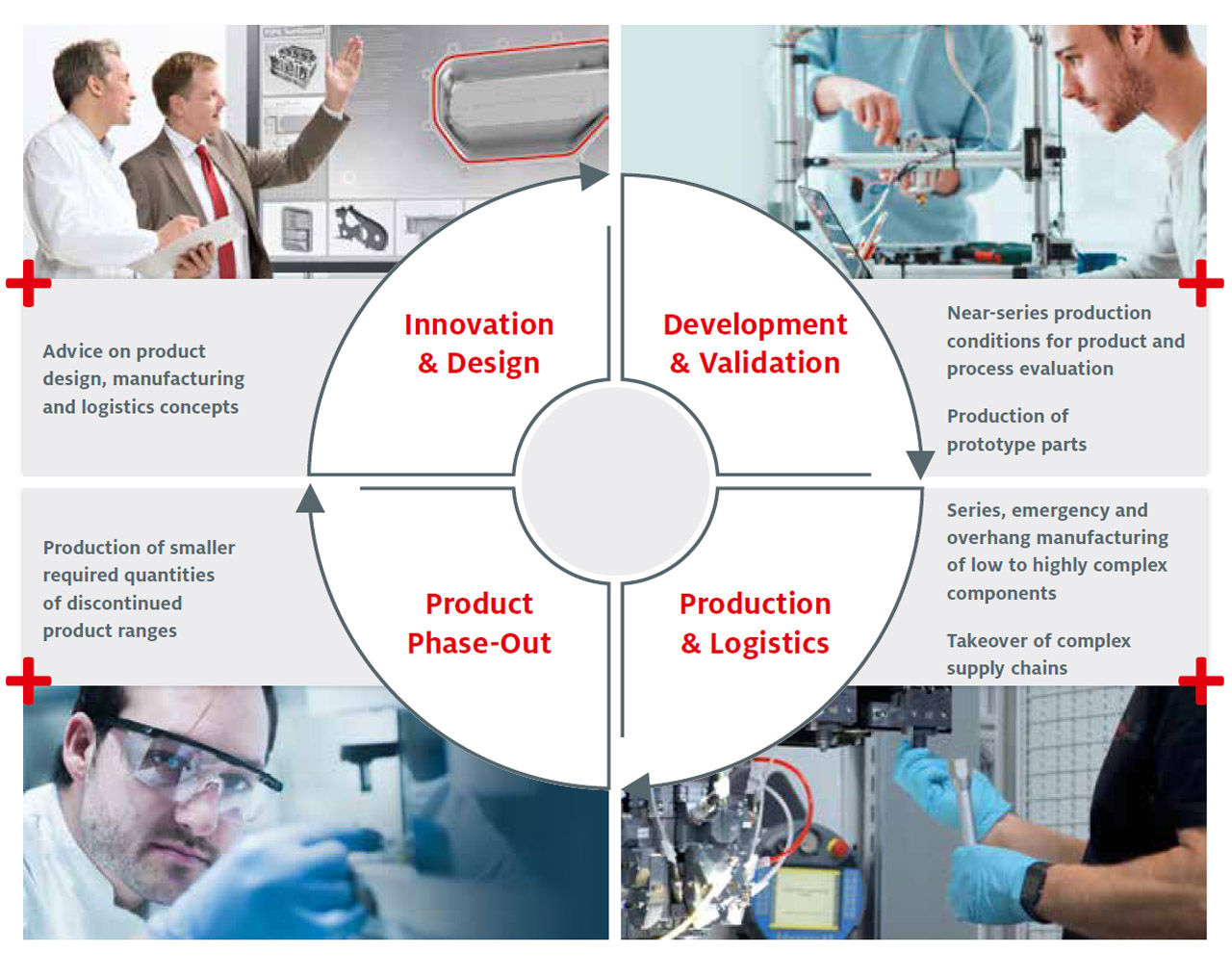Unleash Untapped Possibilities: An Influence of Commissioned Manufacturing
In the current competitive landscape, companies are continuously looking for methods to optimize their operations and enhance efficiency. A highly effective strategies that organizations can implement is contract manufacturing. By collaborating with dedicated manufacturers, organizations can focus on their core competencies while leveraging the skills of experienced producers to optimize their manufacturing systems. This approach not only lowers costs but also allows companies to expand their operations more effectively and respond more quickly to market demands.
Outsourced production unlocks doors to untapped potential that many companies have yet to discover. It allows organizations, irrespective of size, to utilize advanced technology, skilled labor, and resources that may have formerly been out of reach. As a consequence, companies can enhance their product standards and creativity without the burden of maintaining large-scale in-house capabilities. Whether you are a startup looking to launch a new product or an existing firm aiming to optimize efficiency, understanding the benefits of outsourced production can be a game changer for your business.
Understanding Contract Manufacturing
Outsourced production is a framework where businesses delegate the production of goods to third-party manufacturers. This setup allows businesses to focus on their core competencies while counting on specialized manufacturers to manage the details of manufacturing. By subcontracting the production process, businesses can simplify operations and gain access to innovative technologies and qualified labor, which may not be accessible in-house.
One of the key advantages of contract manufacturing is cost efficiency. By utilizing the expertise of a contract manufacturer, businesses can cut fixed costs associated with running a factory, hiring skilled personnel, and controlling inventory. This approach enables companies to distribute resources more effectively, put resources in R&D, or explore new market opportunities, ultimately enhancing their edge in the industry.
Moreover, contract manufacturing offers growth potential and adaptability, important for responding to variable consumer preferences. Businesses can rapidly ramp up or scale back production quantities without the major investment of growing or shrinking their operations. This capacity to adapt not only assists maintain optimal inventory levels but also shortens lead times and enhances customer contentment, ultimately maximizing productivity across the company.
Benefits of Outsourced Production

Outsourced production offers businesses a pathway to enhanced efficiency in operations. By contracting out the production process, companies can prioritize their key strengths such as product design and advertising. This intentional approach enables firms to assign resources efficiently, leading to enhanced productivity and innovation. Additionally, partnering with specialized contract manufacturers offers access to advanced technologies and processes that may not be feasible in-house.
Economical benefits represent another major advantage of contract manufacturing. Companies can minimize overhead expenses related to labor, maintaining facilities, and investments in equipment. Outsourcing partners often possess cost advantages, enabling them to manufacture goods at more affordable rates than standalone firms could reach on their own devices. This budgetary freedom permits businesses to channel funds towards areas that encourage growth, such as research and development or market expansion.
Additionally, contract manufacturing fosters the ability to scale and change responsiveness. Businesses can respond more swiftly to variations in demand without the burden of maintaining excess production capacity. This nimbleness permits companies to roll out new products or adjust their product lines in response to industry shifts more quickly. As a result, organizations can keep in advantage and satisfy customer needs, utilizing the strengths of outsourced production to reveal their full potential.
Issues and Factors
Third-party manufacturing can introduce several difficulties that businesses need to navigate to achieve the desired outcomes. One key concern is ensuring quality control, as companies may have limited oversight over the manufacturing process. Variations in quality standards can lead to variations in the final product, which can impact brand reputation and customer satisfaction. It is crucial for companies to develop stringent quality assurance protocols and foster consistent communication with their manufacturing partners to lessen these risks.
Another factor is the potential for supply chain disruptions. Depending on third-party manufacturers means that any delays or problems in their production schedules can directly impact your business's timelines and operations. contract manufacturing in malaysia calls for a meticulous assessment of the manufacturer's reliability and the ability to react to unforeseen challenges. Building solid relationships with multiple suppliers can help mitigate the risks associated with sole-source dependencies.
Lastly, intellectual property protection is a critical issue when engaging with contract manufacturers. Sharing designs, processes, and proprietary information can expose businesses to the risk of intellectual property theft or infringement. It is important for companies to implement effective legal agreements, including non-disclosure agreements, to safeguard their innovations while working with manufacturing partners. Being preemptive in these areas can help maximize the benefits of contract manufacturing while minimizing potential pitfalls.